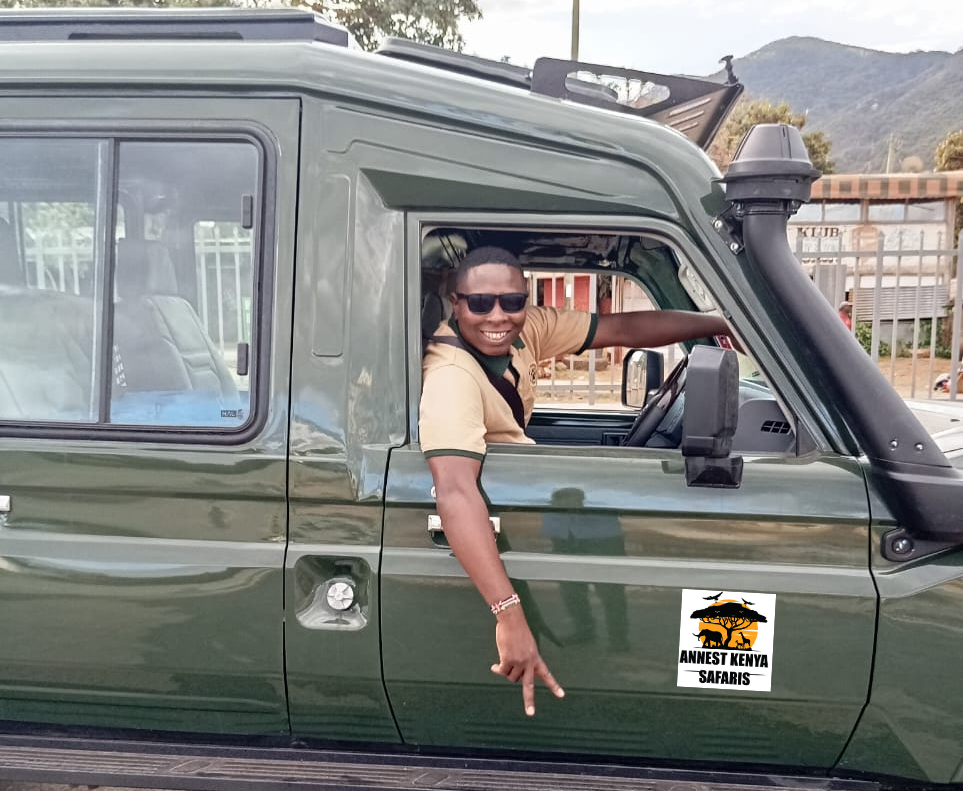Best Time to Visit Kenya – Month-by-Month Safari Guide
Plan the Perfect Trip Based on Weather, Wildlife & Events
Wondering when is the best time to visit Kenya for safari, beach holidays, or witnessing the Great Migration?
Kenya is a year-round destination, but the best time depends on your interests, budget, and weather preferences. Whether you want to spot the Big Five, photograph pink flamingos, or relax on Diani Beach, this guide will help you choose the perfect month to travel.
Let’s dive into the ideal seasons for safari, beach escapes, birdwatching, and more.
Quick Answer: When’s the Best Time to Visit Kenya?
| Best For | Months |
|---|---|
| Big Five Safaris | June – October |
| Great Wildebeest Migration | July – September |
| Birdwatching (Flamingos) | January – March |
| Green Season Photography | April – May |
| Beach Holidays (Diani/Mombasa) | December – March |
| Fewer Crowds / Lower Prices | November & May |
Kenya Safari Seasons Explained
Dry Season: June to October
- Weather: Sunny, low humidity, cooler mornings
- Best For: Game viewing, open savannahs, Great Migration
- Highlights: Animals gather at waterholes; roads are dry
This is the peak safari season, especially for Masai Mara, Amboseli, and Tsavo. It’s also the best time to see the Great Wildebeest Migration in Masai Mara (July–Sept).
Ideal for: First-time visitors, families, photographers
Pro Tip: Book early – lodges fill up 6–12 months in advance
Green Season: November, April–May
- Weather: Short rains (Nov), long rains (Apr–May)
- Best For: Fewer crowds, lower rates, lush scenery
- Highlights: Great for birdwatching and budget travelers
While wildlife is harder to spot in thick vegetation, the landscapes are stunning, and migratory birds arrive in large numbers.
Good for: Returning safari-goers, photographers
Bonus: Lodges offer up to 10% off during the green season
Hot Season: December to March
- Weather: Warm and mostly dry
- Best For: Beach holidays, birdwatching, short safaris
- Highlights: Ideal for visiting Diani Beach, Lamu, and coastal parks
Wildlife is still abundant, and this season is excellent for combining safari + coast trips.
Best Time by Destination
| Location | Best Time to Visit | Why Go |
|---|---|---|
| Masai Mara | July–October | Great Migration, Big Five |
| Amboseli | June–October | Clear Kilimanjaro views, elephants |
| Lake Nakuru | Jan–March, June–Oct | Flamingos, rhinos, birds |
| Tsavo East & West | June–October | Lions, red elephants, Mzima Springs |
| Diani Beach | December–March | Hot & sunny, perfect for swimming |
Month-by-Month Kenya Travel Guide
| Month | Weather | Safari Highlights |
|---|---|---|
| January | Warm, dry | Great for birds, clear skies, fewer tourists |
| February | Hot, mostly dry | Excellent Big Five viewing, coast is perfect |
| March | Getting wetter | Good for short safaris, start of bird migration |
| April | Rainy | Green season, best for scenery & budget safaris |
| May | Wettest month | Fewer crowds, lush landscapes |
| June | Dry starts | Wildlife returns, good time to go |
| July | Peak dry season | Start of Great Migration in Masai Mara |
| August | Best overall month | Great Migration, fantastic safari weather |
| September | Still dry | Migration continues, great game drives |
| October | Dry, hot afternoons | Excellent for safaris, before short rains |
| November | Short rains begin | Lower rates, good for birds |
| December | Warm, drier coast | Christmas holidays, great beach weather |
Ready to Plan Your Safari?
At Annest Kenya Safaris, we help you choose the perfect time to visit based on:
- Wildlife goals (Big Five, flamingos, migration)
- Budget & weather preference
- Travel schedule or group needs
Private 4×4 safaris
Local, experienced guides
Custom itineraries with flexible dates
Quick quotes via WhatsApp
Request Your Travel Dates →
Booking@annestkenyasafaris.com
FAQs – Best Time to Visit Kenya
July to September are ideal for game drives and the Great Migration. January–March is also great for fewer crowds and birdlife.
Long rains: April–May
Short rains: November
We still operate safaris year-round using 4×4 vehicles.
Yes! December is excellent for coast holidays and short safaris before the peak season.
April, May, and November offer the best discounts on lodges and tours.


